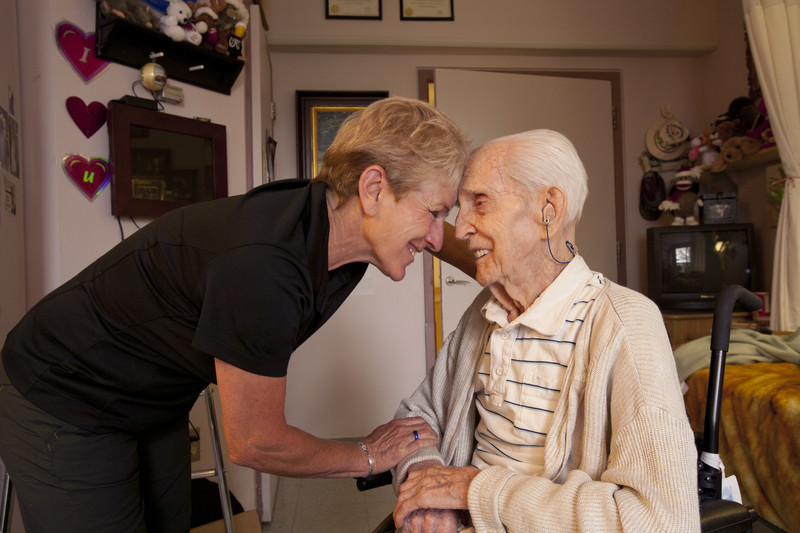Obesity Risk Factors and Preventative Tips for Seniors in Ottawa, ON
Uncategorized | July 26, 2018
Over the last few years, you’ve probably seen charts and statistics showing the United States as one of the world’s most obese countries. Turn on the news and you’ll often see coverage on this issue, as it’s often referred to as a “national epidemic.” Despite valiant attempts to promote proper nutrition and exercise, our issue remains. An estimated one-third of U.S. adults are obese. Referring to obesity as reaching “epidemic” levels may be slightly exaggerated, but there’s no denying that obesity warrants concern at this point.
Understanding Obesity
Body Mass Index (also known as BMI) is a specific way to measure an individual’s body fat relative to weight vs. height. The desired BMI is within the range of 19 – 25, indicating normal or healthy weight, but people who score a BMI of 30 or above are considered obese.
When BMI levels increase, so does the risk of developing certain diseases, such as hypertension, heart disease, and stroke. Besides this, extra weight gain may put additional stress on joints, which can create limited mobility and declined physical ability. Further studies show there may even be a correlation between obesity and the development of cognitive impairment.
Tips To Prevent Senior Obesity
Of course, the risk of obesity is concerning for older adults who are already potentially at higher risk for the diseases and conditions mentioned above. It’s good to know that there are lifestyle changes people can adopt toward eliminating excess weight gain, thereby preventing obesity. As with any age, a physician should be consulted before starting any of the following weight loss tips.
-
Eat Healthy Foods – Besides the importance of controlling portions and caloric intake, it’s equally valuable to provide proper nourishment to the body. Trade in the salty or sugary snacks for whole fruits and vegetables.
-
Exercise – Exercise doesn’t have to be high intensity to be worthwhile, as the real priority is to keep the heart rate elevated to assist in burning the calories regularly. A half hour per day of low impact activities, like walking and swimming, is perfect for a successful exercise regimen.
-
Strength Training – Even when the body is at rest, muscle tissue will burn calories more efficiently than fat tissue. Again, this is because it has more to do with consistency than intensity. Strengthen muscle groups by using free weights for at least 20 minutes, 2-3 times per week. Don’t know how to start? Consider signing up for a class at the local gym or YMCA.
Nothing could be more important than the health and well-being of our aging loved ones. Help them follow these tips above, encourage them to reduce excess weight and prevent obesity so they can look forward to a happier, healthier future.
Let Comfort Keepers® Lend a Helping Hand
Comfort Keepers understands how difficult it must be to ensure your loved ones have everything they need, and at all times, but our compassionate and professional caregivers are trained to provide personalized in-home care that makes a difference. If your loved one requires assistance with an exercise routine or preparing healthy meals, give us a call today!
Individualized Home Care Options
Long-Term Home Care, 24 Hour Home Care & Short Term Care Options Customized for You







